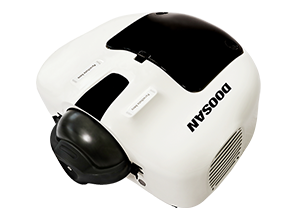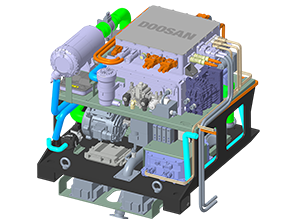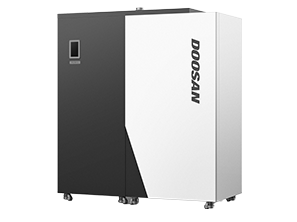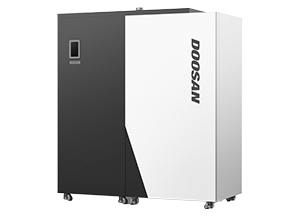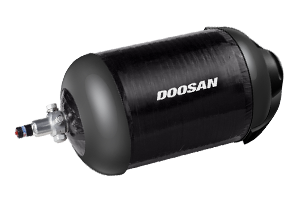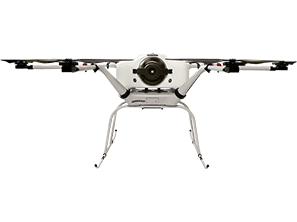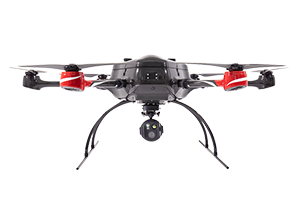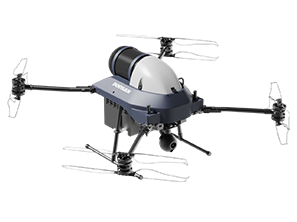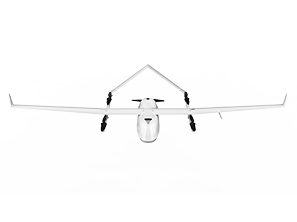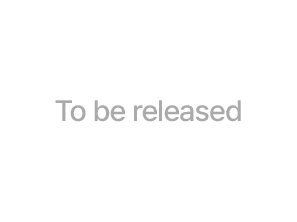News
DMI Participates in Japanese Exhibition for the First Time
- Participated Japan’s 1st Drone Exhibition, Japan Drone 2021
- Showcased Hydrogen Drone and Tank with Partner Koshida Corporation
- Showcased Hydrogen Drone and Tank with Partner Koshida Corporation
2021.06.16
Doosan Mobility Innovation (DMI) participated in the Japanese drone exhibition for the first time and introduced its hydrogen drone. It plans to target the Japanese drone market, which will grow to more than 3 trillion won in 2024, and expand global territory.
DMI participated in 'Japan Drone 2021' held at Makuhari Messe, Chiba City, Chiba Prefecture, Japan from the 14th to the 16th.
Japan Drone is Japan's first drone exhibition and has been held every year since 2016. It was planned for the purpose of sharing the current state of technology and use cases in various fields such as agriculture and logistics, and is hosted by the Japan UAS Industry Promotion Association (JUIDA), established for the purpose of promoting the drone industry.
DMI and its local partner, Koshida Corporation, prepared an exhibition booth to introduce the new 2nd generation hydrogen drone. In the exhibition, △ The second generation hydrogen drones (DS30W) that can withstand average wind speeds of 12 m/s and instantaneous wind speeds of up to 15 m/s and can fly even in bad weather △ Light weight and durable hydrogen tank for drones made of carbon fiber composite, were displayed at the booth.
DMI plans to promote hydrogen drone technology by participating in the exhibition and target the Japanese market. In 2015, Japan enacted the Aviation Law Amendment Bill to specify the areas and operating methods that require a permit for drone flight. Since then, the market has grown as drones have been used in various fields such as disaster prevention, surveillance, agriculture, logistics, and facility inspection. The Japanese Impress Research Institute predicts that the drone business market will grow from 86 billion yen (about 883 billion won) in 2018 to 371.1 billion yen (about 3.81 trillion won) in 2024.
DMI succeeded in developing and commercializing a hydrogen drone for the first time in the world in 2019, and since its launch, it has been used in various fields such as public safety, facility inspection, environmental monitoring, and delivery of emergency supplies. The second-generation hydrogen drone launched this year is an enhanced model that can fly in more diverse weather environments, and DMI plans to continuously strengthen its hydrogen drone technology. It is also planning to sell its own hydrogen fuel cell, which can be mounted on drones to increase flight time.
Hydrogen tank technology for drones is also well known. The hydrogen cylinder developed by DMI received Korean KGS certification and European TPED certification for the first time as a domestic company, and also obtained transportation approval (DOT certification) from the US Department of Transportation. Japan KHK certification is also in progress, and the company plans to continue strengthening product competitiveness in the Japanese market.
DMI participated in 'Japan Drone 2021' held at Makuhari Messe, Chiba City, Chiba Prefecture, Japan from the 14th to the 16th.
Japan Drone is Japan's first drone exhibition and has been held every year since 2016. It was planned for the purpose of sharing the current state of technology and use cases in various fields such as agriculture and logistics, and is hosted by the Japan UAS Industry Promotion Association (JUIDA), established for the purpose of promoting the drone industry.
DMI and its local partner, Koshida Corporation, prepared an exhibition booth to introduce the new 2nd generation hydrogen drone. In the exhibition, △ The second generation hydrogen drones (DS30W) that can withstand average wind speeds of 12 m/s and instantaneous wind speeds of up to 15 m/s and can fly even in bad weather △ Light weight and durable hydrogen tank for drones made of carbon fiber composite, were displayed at the booth.
DMI plans to promote hydrogen drone technology by participating in the exhibition and target the Japanese market. In 2015, Japan enacted the Aviation Law Amendment Bill to specify the areas and operating methods that require a permit for drone flight. Since then, the market has grown as drones have been used in various fields such as disaster prevention, surveillance, agriculture, logistics, and facility inspection. The Japanese Impress Research Institute predicts that the drone business market will grow from 86 billion yen (about 883 billion won) in 2018 to 371.1 billion yen (about 3.81 trillion won) in 2024.
DMI succeeded in developing and commercializing a hydrogen drone for the first time in the world in 2019, and since its launch, it has been used in various fields such as public safety, facility inspection, environmental monitoring, and delivery of emergency supplies. The second-generation hydrogen drone launched this year is an enhanced model that can fly in more diverse weather environments, and DMI plans to continuously strengthen its hydrogen drone technology. It is also planning to sell its own hydrogen fuel cell, which can be mounted on drones to increase flight time.
Hydrogen tank technology for drones is also well known. The hydrogen cylinder developed by DMI received Korean KGS certification and European TPED certification for the first time as a domestic company, and also obtained transportation approval (DOT certification) from the US Department of Transportation. Japan KHK certification is also in progress, and the company plans to continue strengthening product competitiveness in the Japanese market.


